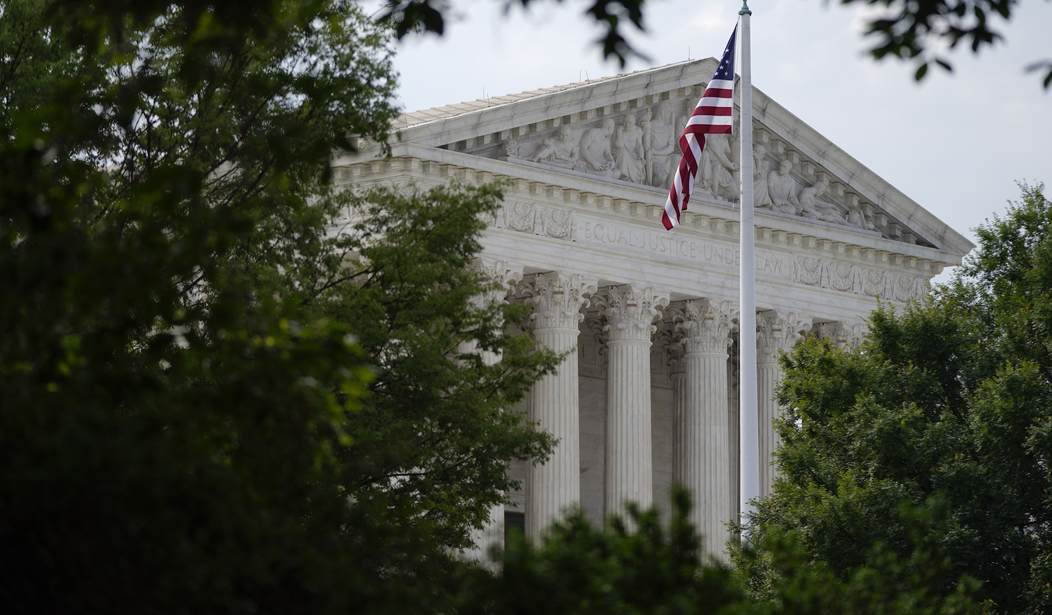The Supreme Court begins its new term this week in a degree of turmoil I do not believe I have seen before. And looking at the docket for this new term, there is little reason to believe this go around will be much less controversial. There are, however, items in the mix that most of us should be able to agree on and where the Supremes have an opportunity to truly don the white hat. Farm animal welfare being one.
Reflecting on the cruel treatment animals suffer in contemporary industrial agriculture, Cardinal Joseph Ratzinger, who of course later became Pope Benedict XVI, remarked, “we can see that they are given into our care, that we cannot just do whatever we want with them. Animals, too, are God’s creatures…creatures we must respect as companions in creation…” He went on to say that many practices in animal agriculture, like packing animals so tightly together that they can barely move, is a “degrading of living creatures”
As Ratzinger understood, such callous disregard for animals is routine on factory farms. Specifically, in the pork industry, pregnant pigs are often crammed into gestation crates — tiny, metal cages that basically immobilize them—so tight they can’t even turn around. In 2018, California voters passed Proposition 12, which prohibits confining pigs in a cruel manner, and also prohibits the sale of pork in the state if it was a product of a cruelly confined animal. (The law also applies to the sale of eggs and veal from cruelly confined animals.)
Regrettably but not surprisingly, this commonsense sales standard for the treatment of animals is being challenged in the United States Supreme Court by the National Pork Producers Council and the American Farm Bureau Federation.
When Californians enacted Proposition 12, they collectively sent a message that locking pregnant pigs in gestation crates is immoral, and that they wanted to rid their state marketplace of what they deemed immorally produced pork. Californians are not alone in this belief. Recently, three Christian authors submitted an amicus brief in the Supreme Court case, noting that, “[k]ey philosophers, theologians, and other major contributors to western civilization have consistently argued that human decency requires basic respect for animals.”
Recommended
In other words, California voters acted in accordance with longstanding ethical and religious tradition when they overwhelmingly passed Proposition 12. Pigs confined in gestation crates hardly bigger than their own bodies suffer some of the worst animal cruelty in the world. As the brief’s authors argue, “Proposition 12 is not radical legislation seeking to reorder an industry; it is a public reaction to a radical form of cruelty, expressing a basic moral belief that humans should not, through their consumption, participate in the abuse of animals.”
Now, I cannot believe I am referring to a modern California law as “common sense”—more and more I’ve been at great odds with the overall direction of my beloved home state--but this one truly is. Simply put, California voters did not want to be complicit in the cruel treatment of pregnant pigs by allowing a product resulting from inhumane practices in their state marketplace. To that end, California’s law advanced the moral interests of its residents. Proposition 12 was also supported by farmworker and worker safety groups for their own good reasons. Key worker safety groups along with the longest tenured administrator in the history of Occupational Safety and Health Administration, and other work safety experts, also submitted an amicus brief to the Supreme Court in support of Proposition 12. They argue that pork produced with gestation crates is a food, health and worker safety issue since pigs in extreme confinement have been shown to spread disease to human beings.
When deliberating on Proposition 12, the Court should look to history and especially to the teachings of faith traditions and philosophers that animals are worthy of our consideration and humane treatment. Californians voted in line with these beliefs, and the law they passed to eliminate cruelly produced products from their state should be upheld. And no matter our political stripes, these are the types of things that can and should bring us together.
Christian Josi is a veteran center-right strategist and leader, writer, and media consultant based in Virginia Beach, Virginia. He spent much of his childhood living on a ranch in Southern California.

























Join the conversation as a VIP Member